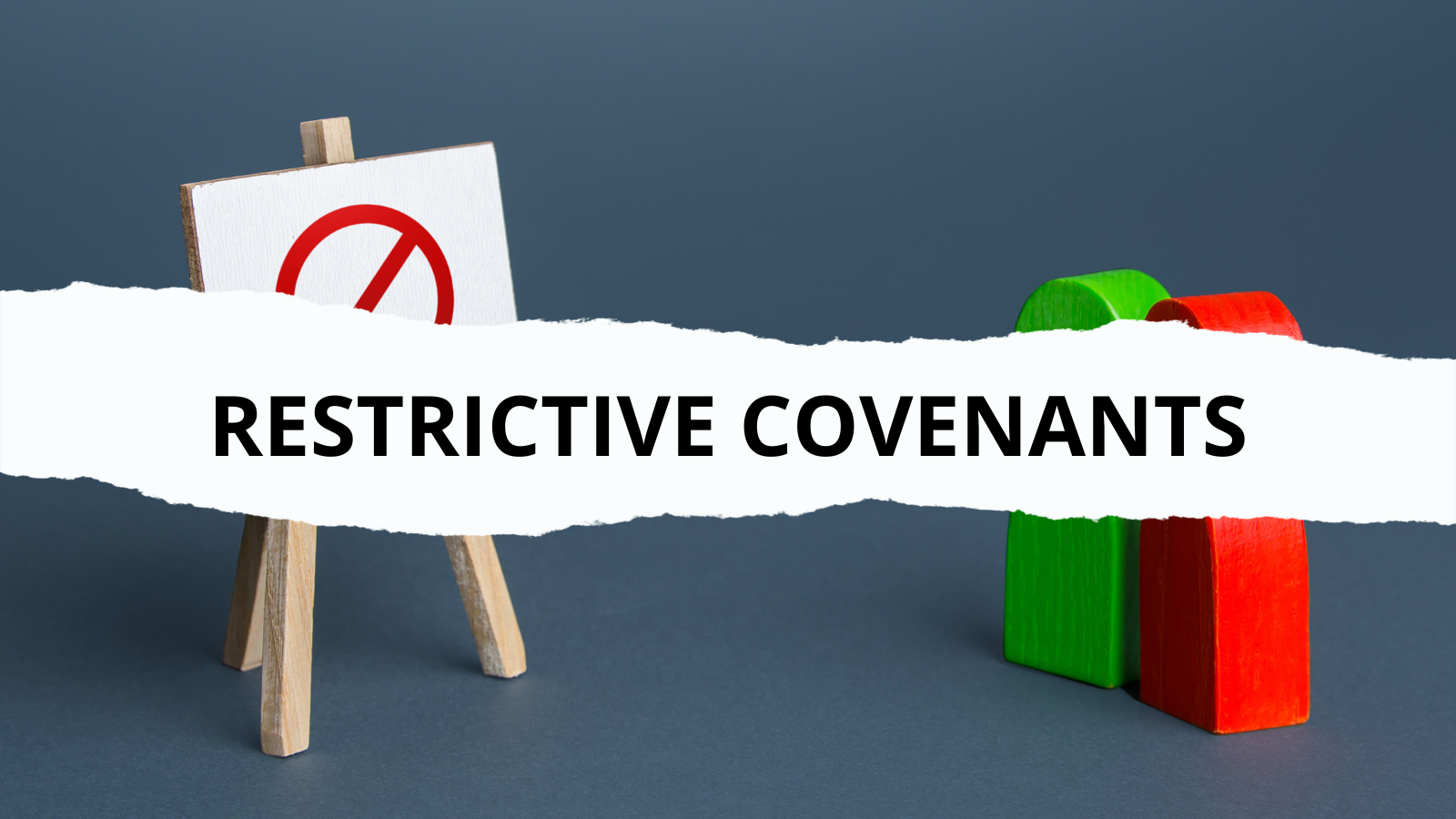Restrictive Covenants are a legal tool used by employers to protect their business interests from damage by former employees. There have been public concerns raised that these are being used in an unfair way by employers, and as a result restrictive covenants have recently undergone significant scrutiny and changes are being made to UK employment law.
In this article, we explore the different types of restrictive covenant and explain some of the proposed changes.
Understanding Restrictive Covenants
Restrictive covenants are contractual clauses that are commonly integrated into employment contracts and directors’ service agreements. These clauses serve as a safeguard for a company’s confidential information and aim to prevent former employees from engaging in activities that may harm the business.
They usually fall into four distinct categories:
- Non-Compete Clauses prevent former employees from joining competing businesses or initiating their own competing ventures for a specified period, typically within a defined geographic region.
- Non-Solicitation Clauses prohibit ex-employees from approaching the company’s clients and customers for a predetermined duration after leaving.
- Non-Dealing Clauses prevent ex-employees from doing business with the company’s clients and customers for a predetermined duration after leaving.
- Non-Poaching Clauses restrict former employees from enticing or hiring current employees away from the company for a set period of time after the termination of their employment.
What is the Revised Legal Landscape?
Earlier this year, the Government announced that it will be introducing new legislation to place a statutory limit on the length of non-compete clauses of three months. Currently these typically vary in length from 3 up to 18 months, depending on the seniority of the individual. The more senior, the longer the term as the potential to damage the business is greater.
It is expected that this change will make it easier for workers, including those who are highly skilled, to be able to move to a competitor or to start a competing business. It is also expected to make it easier for businesses to fill vacancies and attract better candidates.
Apart from the length of restrictions, the UK courts will also look at several other factors when deciding whether restrictive covenants are enforceable on an employee:
- Reasonable and Essential: UK courts closely scrutinise whether restrictive covenants are reasonable and genuinely essential to protect a legitimate business interest. The aim is to strike a fair balance between safeguarding the employer’s interests and ensuring that the former employee can earn a living.
- Transparency Matters: Employers must ensure that these clauses are clear and unambiguous within employment contracts. Any ambiguity may result in difficulties when it comes to enforcement.
- Duration and Geography: Courts assess both the duration and geographical scope of non-compete clauses, with a focus on avoiding overly broad restrictions that go beyond what is reasonable to protect the business.
- Consideration Required: For restrictive covenants to be legally binding, they must be supported by consideration. This means that employees must receive something of value, such as a job offer or a promotion, in return for accepting these restrictions.
How can Backhouse Solicitors help?
Restrictive covenants are a complicated area of employment law, and it isn’t always obvious whether they will be enforceable in a court without looking at the wider circumstances. If you would like to include them in contracts of employment or director’s service agreements for your business then we recommend taking specialist legal advice to ensure that they achieve the goals that you want and won’t be thrown out if you try to enforce them with injunction proceedings.
For help and advice on restrictive covenants or any other aspects of employment law, contact us today to arrange a free initial consultation with one of our expert employment team.
Tel: 01245 893400
Email: info@backhouse-solicitors.co.uk
Visit: 17 Duke Street, Chelmsford, CM1 1JU
Or send us a message through the Contact Us page on this website.






